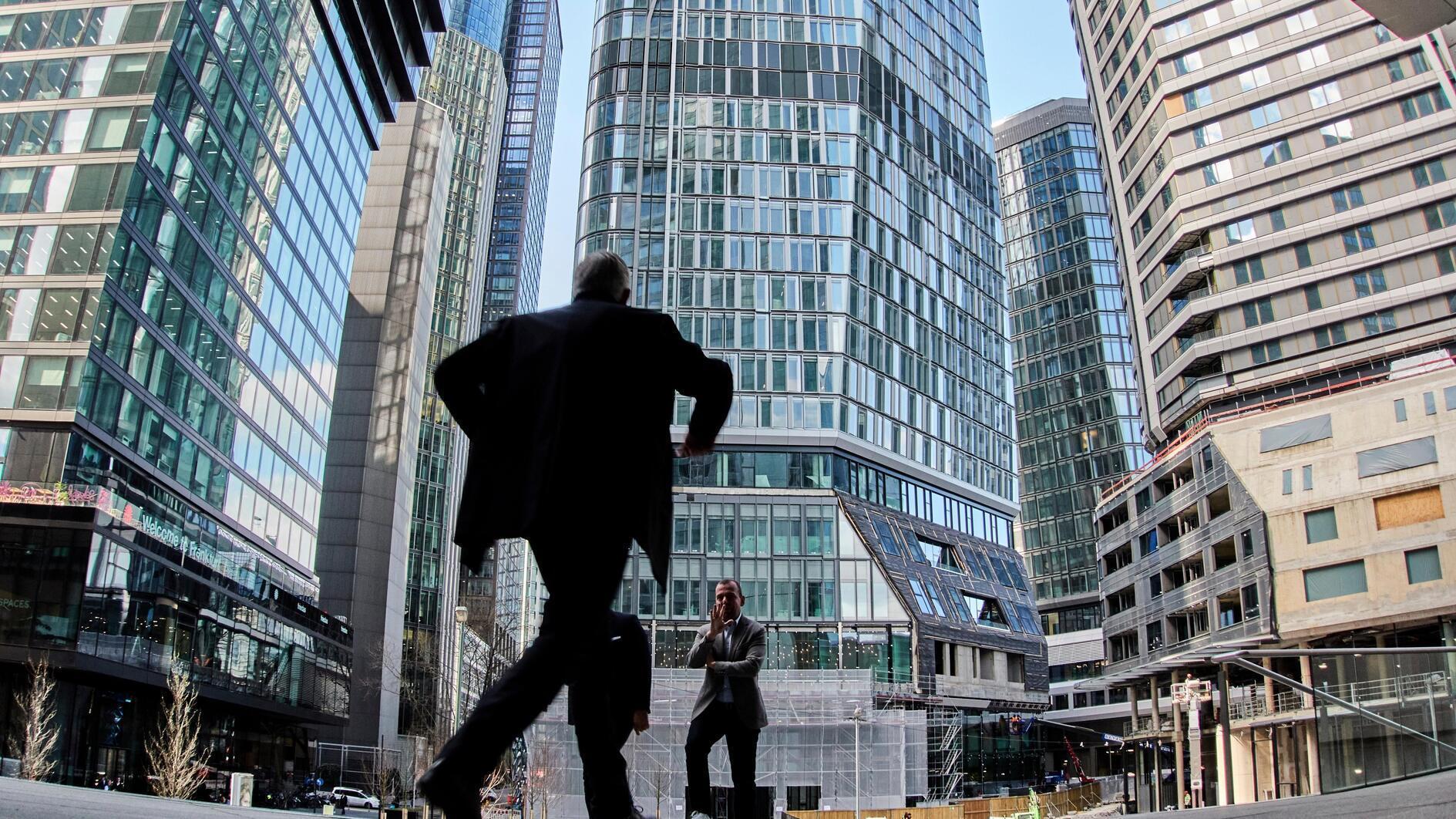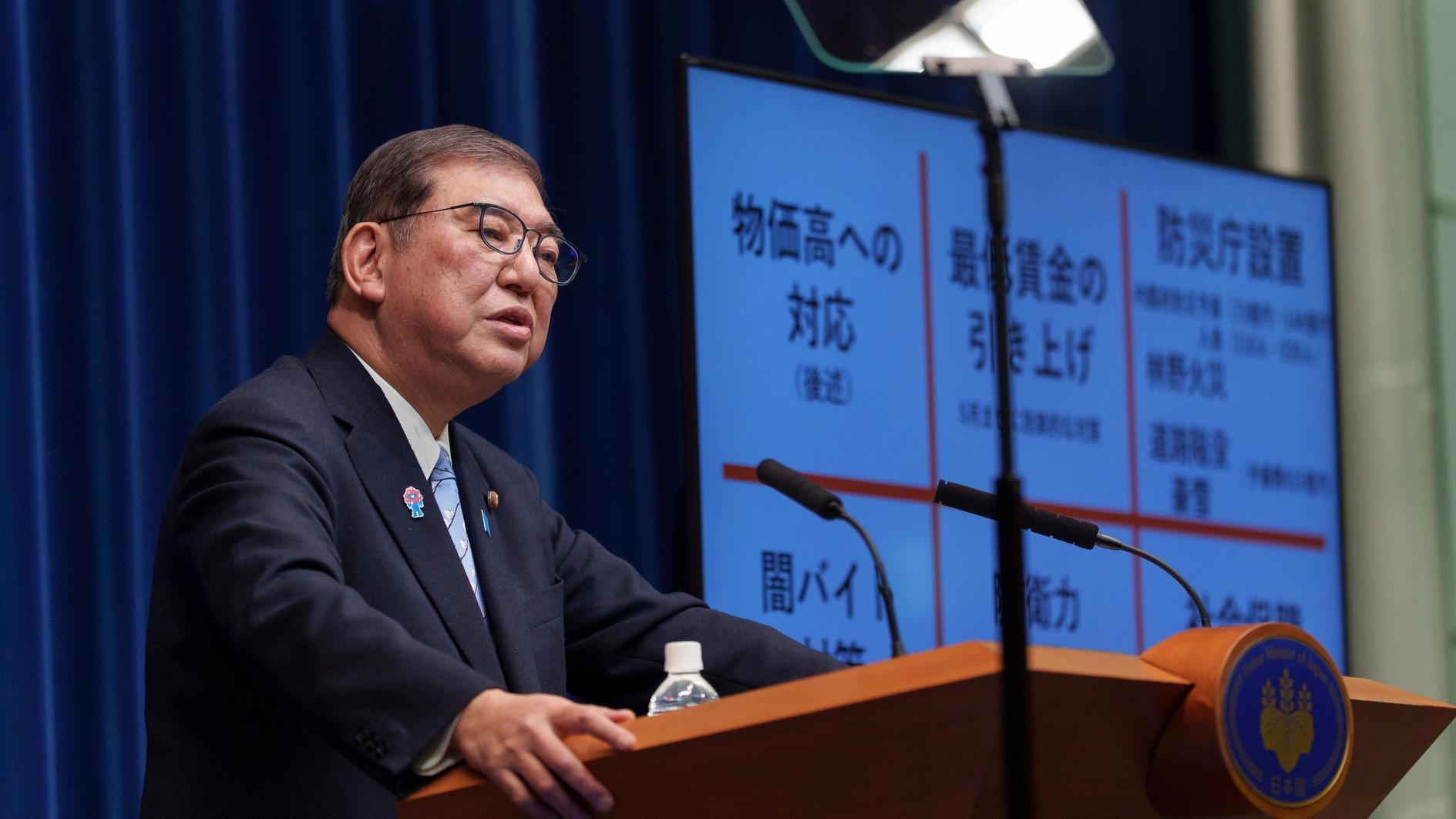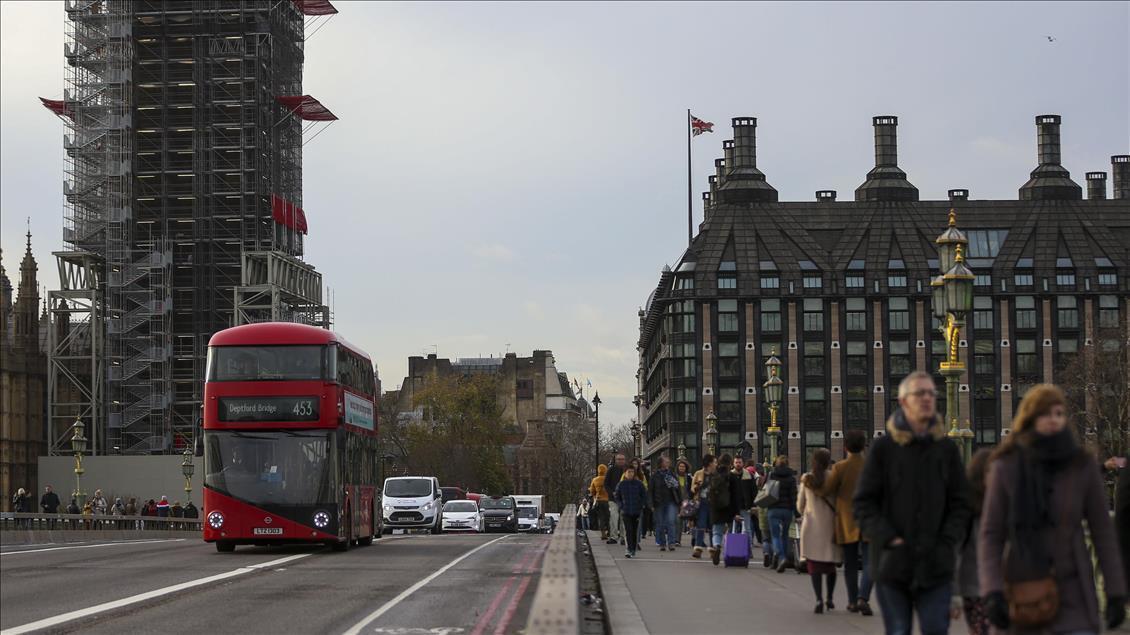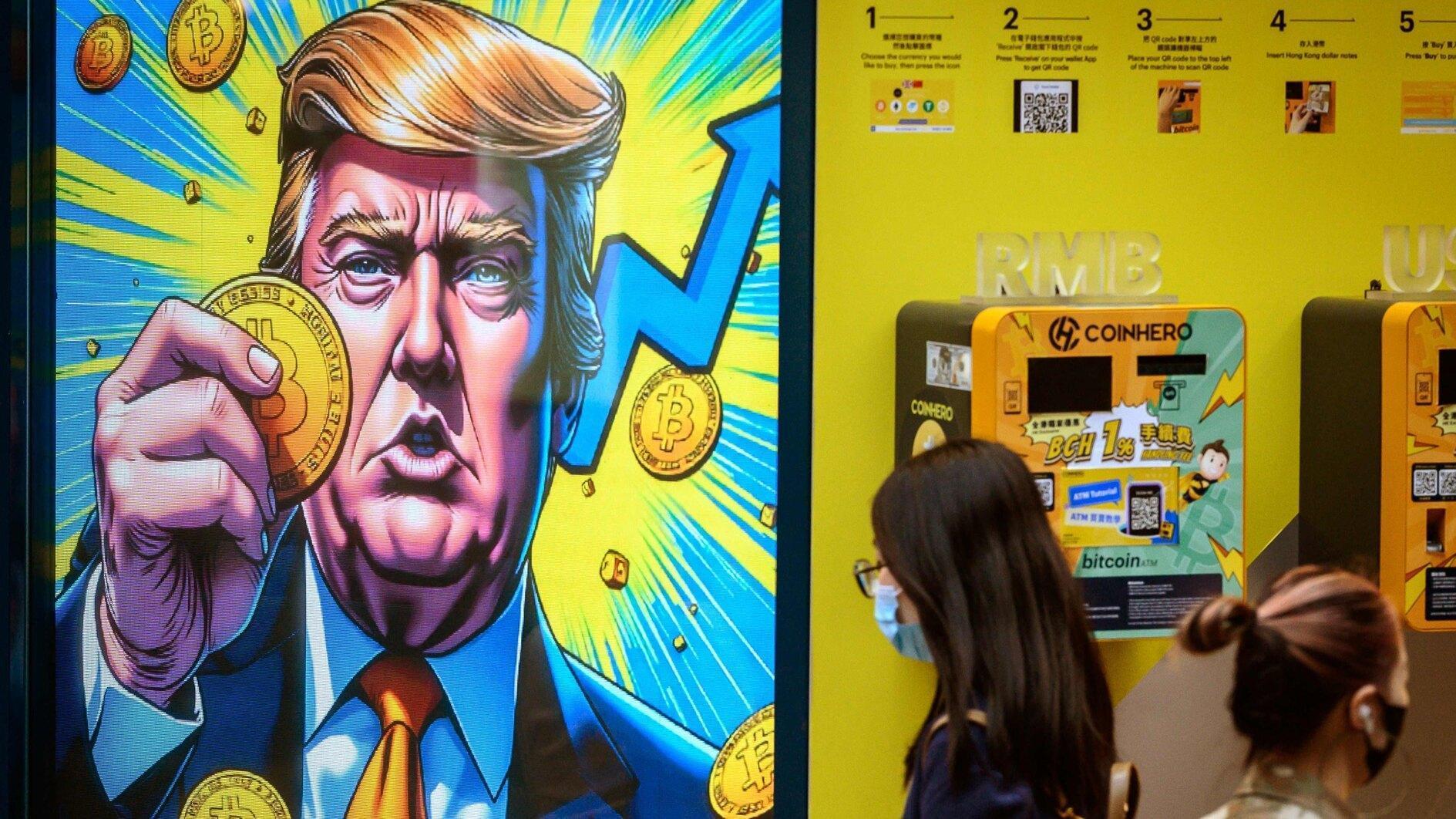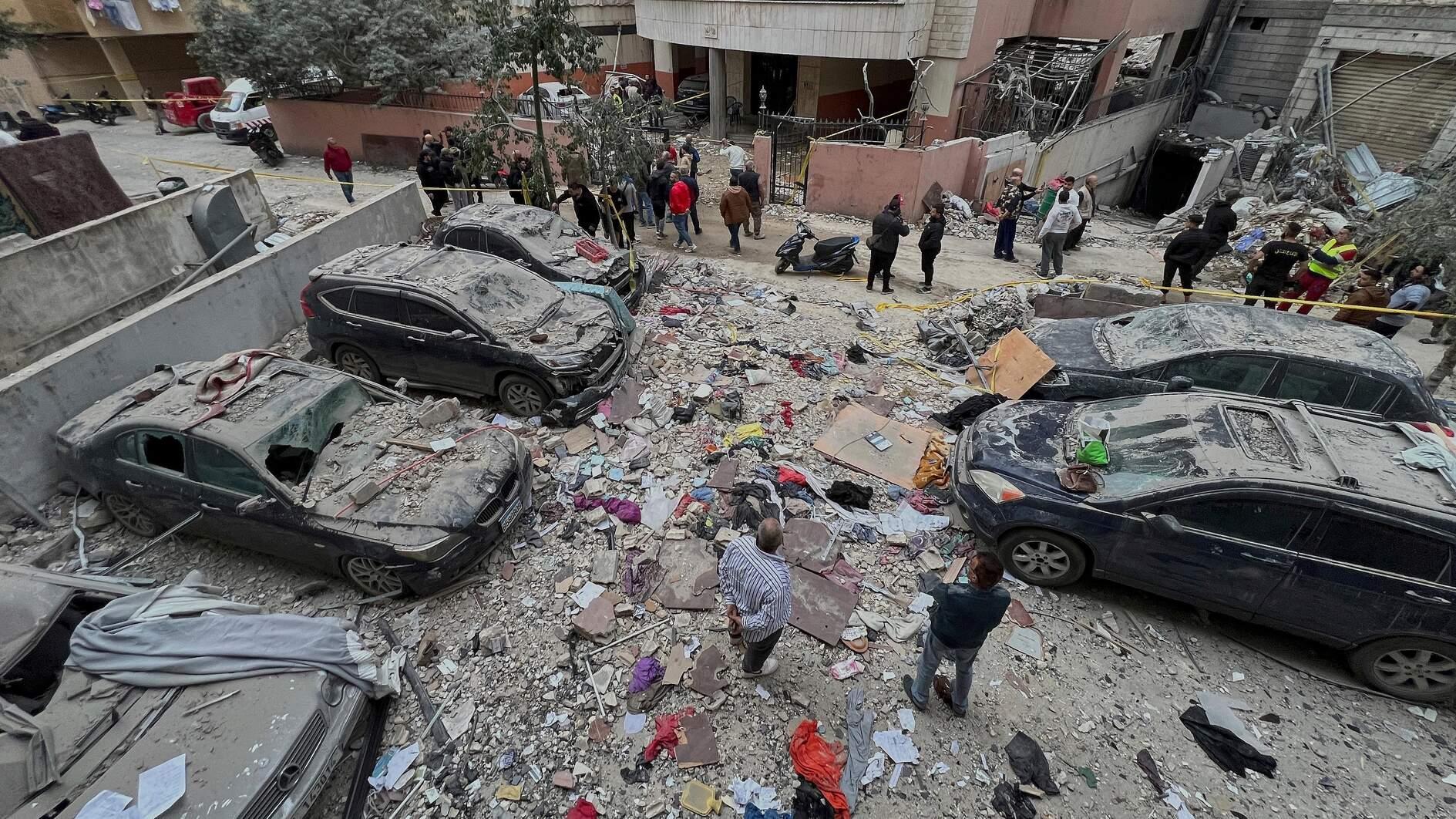Can a cabinet reshuffle save the Turkish situation?
When Turkish Prime Minister Tayyip Erdoğan summoned his Economy Minister Zafer Çağlayan to his residence, many political observers in Ankara believed the meeting could end up with Çağlayan’s dismissal from the cabinet or resignation. Çağlayan’s son was arrested during a corruption operation on Dec. 17, together with the sons of two other ministers; Environment and Urbanization Minister Erdoğan Bayraktar and Interior Minister Muammer Güler. The leaks, possibly from prosecutor’s office and police, to Turkish media claim that those ministers, plus Turkey’s European Union Affairs Minister Egemen Bağış have been involved in facilitating the “business” of Reza Zarrab in Turkey by taking bribes and abusing their offices. The “business” is to transfer Zarrab’s money from gold trade over Turkey to Iran via the government-controlled Halkbank, providing a short-cut to Turkish citizenship to Zarrab (now he is Rıza Sarraf and under arrest) and his entourage, facilitating Schengen visas for them (including Zarrab’s relatives), allegedly from Italian channels, and the amount of the total bribery is reported in Turkish media to be as high as 142 million Turkish Liras, nearly $70 million.
If true, this is the biggest corruption probe in Turkey ever. Despite snubbing by Erdoğan and his deputy Bülent Arınç, there are pictures in the Turkish press, showing six steel money cases, a money counting machine and money log book of $3 million worth of accounts, which were reportedly found in the house of Barış Güler, the Interior Minister’s son. Reportedly, $4.5million in cash was found in shoe boxes in the house of Halkbank’s General Manager Süleyman Aslan, who is also under arrest.
Apparently the prosecutors, who are now under fire of Erdoğan and his ministers, carried out the whole probe for more than a year in total secrecy, told no one, including their superiors, which was actually legal under a 2005 law passed by Erdoğan’s Justice and Development Party (AK Parti) votes in Parliament, which has been the basis to carry out coup-conspiracy cases against Erdoğan, like Ergenekon and Balyoz between 2008 to 2013. During that, more than a year, they used police units to track down their targets, eavesdropping on telephone calls between Zarrab and ministers, took pictures of Zarrab’ and his people’s visits to their homes and offices. Also the sons of ministers...Turkish daily Taraf published a conversation between Interior Minister and his son; the father warns his son to be careful against eavesdropping and speaking of a certain policeman who might be after the son, he as the head of police force allegedly says “If he goes too far, I can always get a testimony from you and send that p..p to elsewhere.”
That is what exactly is happening nowadays. Erdoğan is very upset that the policemen did not inform the Interior Minister (who could in theory inform his son to take precautions) and that was a consipiracy against the “success” of his AK Parti government, by forces he did not elaborate. Erdoğan said, “They could not give us harm in Gezi (the wave of protests in early2013 summer) and now they are using such psychological warfare tactics”. But the purge as a punishment from the government also removed Hüseyin Çapkın, the powerful chief of Istanbul police on Dec. 19, who had played a key role in suppressing the Gezi protests under heavy criticism of police brutality.
Erdoğan seems to focus on a plot against himself by defaming his ministers, rather than serious allegations of corruption. He thinks in such a way that if he sacks a minister because of a fault, it would be taken by the people as his personal fault and he doesn’t want to “sacrifice” his comrade ministers.
So, Çağlayan appeared to not be the only one in Erdoğan’s residence. It was announced to be a meeting to overview economy. There is actually a point there, since such corruption allegations, despite being snubbed by Erdoğan, have the potential to affect foreign investors, even domestic ones. Erdoğan wants to give the impression that such “plots” could no way allow him from business as usual and force him for a cabinet change. That puts him in a dilemma. On one hand he has to give three new minister names to President Abdullah Gül to replace those whom he had nominated as candidates for the March 30 local elections. On the other hand, he knows keeping the other three, or four who are under serious allegations of corruption in the cabinet and put further pressure on police and judiciary could further damage his image in and outside of Turkey.
Soon, a cabinet reshuffle might not be enough to save the Turkish situation.



